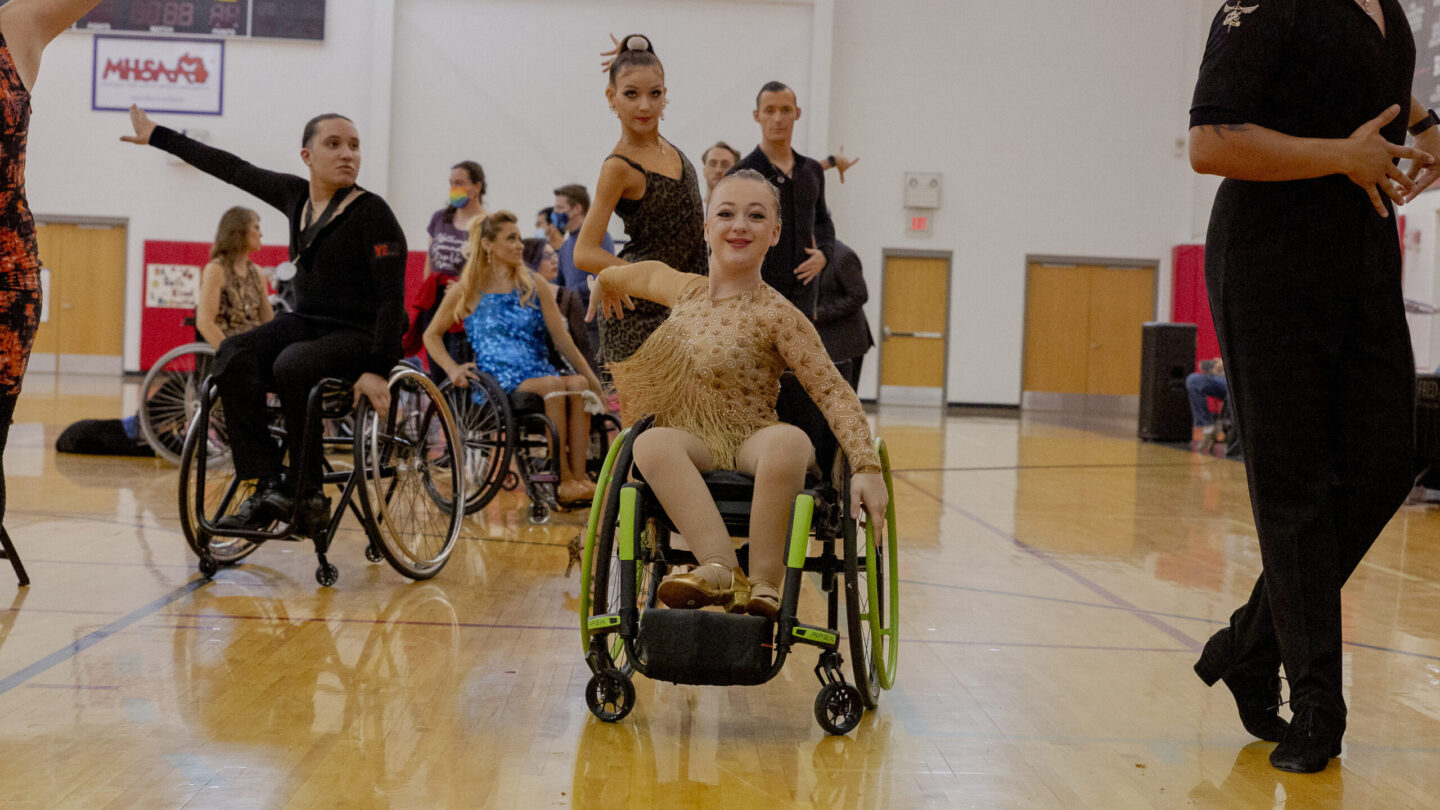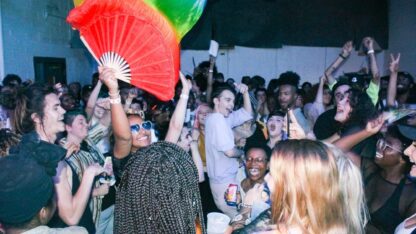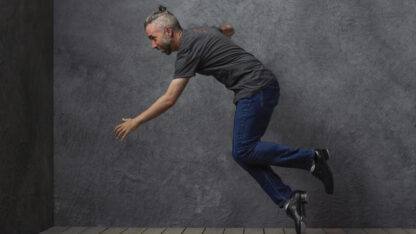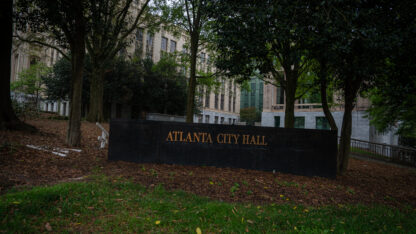Last Saturday, Dance Mobility’s Adapted Ballroom Dance Competition brought together more than a dozen people from across the country to compete in the first ballroom dance competition in the U.S. for those who use a wheelchair or prosthetic limbs.
Cheryl Angelelli, a Paralympic medalist and quadriplegic, and Evan Mountain, the co-owner of Fred Astaire Dance Studio in Bloomfield Hills, Mich., are the co-founders of Dance Mobility. Created in 2015, the program is supported by the Rehabilitation Institute of Michigan’s foundation and offers free monthly wheelchair ballroom group lessons that are taught by professional ballroom dancers.
“Representation matters, to be seen matters, to go into a room and see people that look like you is important,” Angelelli said.
Angelelli’s competitive spirit and natural athletic prowess led her to be ranked seventh in the world for wheelchair ballroom dancing in 2017. However, access and finances pose a barrier to many, as competitions often take place overseas. Angelelli felt strongly that she wanted to bring these opportunities to dancers in the U.S. She and her partner, Tamerlan Gadirove, have competed nationally and internationally at the Para Dance Sport competition.
“Even though the dancers have always been very welcoming at other competitions where we’re competing against able-bodied, standing couples, it’s just different,” Angelelli said.
For Eve Dahl, 14, the chance to compete with other people in wheelchairs was worth the 7-hour drive from Wisconsin with her dance partner, Ernie Olivas, her parents, Deborah and Lance, and their Great Dane service dog, Finn, 6, who more closely resembles a small horse.
Dahl has Osteogenesis imperfecta, also known as brittle bone disease, a group of genetic disorders that result in bones that break easily. That hasn’t stopped her from pursuing lyrical dancing since she was 5 years old and, for the past 3 years, ballroom dancing as a new challenge.
“Both are very special to me,” she said.
“I’ve really never had an opportunity to dance in an environment that’s suited for somebody like me — I’ve always been dancing with able-bodied people — so I’m excited that I’m going to be able to find people who know how to direct me and adapt,” Dahl said. “It’s that kind of special environment that’s curated for you.”
Dancers and their families are hoping this is just the start of more ballroom dancing competition opportunities for dancers in the U.S.
“It’s nice to see the U.S. catching up to what the rest of the world is doing and hopefully it keeps getting traction,” Eve’s dad, Lance, said.
“She’s always loved to be on stage and perform — ever since she was little — so it’s right up her alley.”
Familiar waltz, tango, cha-cha tunes along with more contemporary artists like Bruno Mars pumped through the speakers of the gym with a boisterous crowd cheering on each dancer.
Robin Wooten, 52, wiped away tears as she watched a couple that recently got married perform in their wedding attire on Saturday. Wooten was diagnosed with Multiple Sclerosis in her late 40s. Before her diagnosis, she danced ballroom for years with friends and even taught her son how to dance. She says her friends will still stand and dance with her now that she’s in a wheelchair, but now she sees it can be done at a competitive level.
“It’s amazing,” she said, choking back tears.
“I don’t know them personally, but I swear they’re my family because they share my same struggle. You want to move, dance and you don’t want people to judge you because of wheels. My tears are happy tears.”
Wooten says her dream is to dance at her son’s wedding when that day comes.
Copyright 2022 NPR. To see more, visit https://www.npr.org.
9(MDAxODM0MDY4MDEyMTY4NDA3MzI3YjkzMw004))

9(MDAxODM0MDY4MDEyMTY4NDA3MzI3YjkzMw004))








